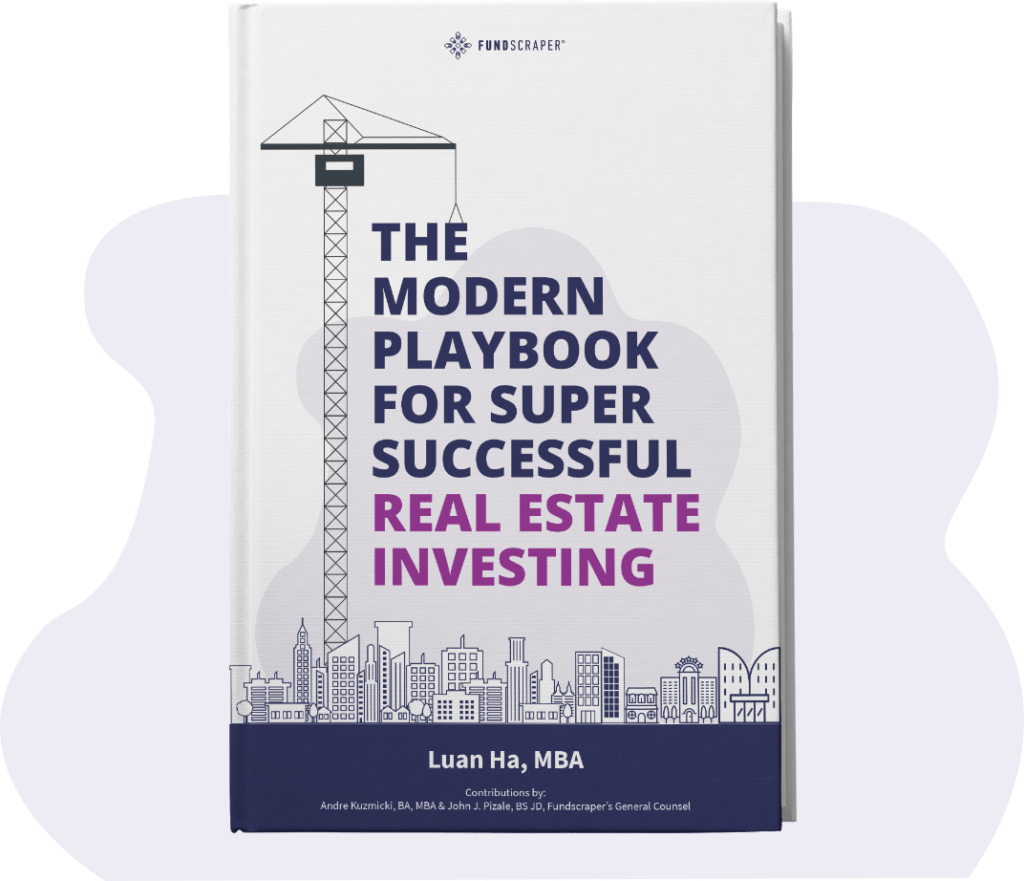Mortgage investment corporations (MICs) have been around since 1973. MICs are a terrific vehicle for bringing like-minded investors together to collectively invest in one of Canada’s hottest investment products: mortgages!
Purchasing a mortgage is too expensive for many investors and may overly concentrate their investment portfolio in one asset class. MICs, however, mitigate those risks and add diversification. By bringing together several investors under one roof, the MIC can invest in more than one mortgage, distributing the risk among the members. The MIC can also distribute returns to its investors without making any withholding.
Any broker or agent seeking to create a MIC should seek advice and direction of a qualified lawyer. We put together an overview of the issues to keep in mind as you seek to create a MIC and/or advise your client to invest in one.
Key Points
- Purchasing a mortgage is too expensive for many investors and may overly concentrate their investment portfolio in one asset class. MICs, however, mitigate those risks and add diversification.
- The Tax Act also deems a mortgage investment corporation to be a public company. The benefit of being deemed a public corporation is that the shares of a public corporation are qualified investments for registered plans, including registered retirement savings plans, registered retirement income funds, and tax-free savings accounts.
- Every prospective investor should receive a suitability assessment, regardless of who they are or how much capital they have to invest.
Promoter (n): the person who organizes the MIC and promotes it to investors.
How to establish a MIC
The first step is creating a corporation, which you or your lawyer can do online with an approved service provider. After the company is incorporated, you will have to “organize” it by appointing directors and officers, establishing a registered head office, and putting in place a by-law.
In order to be considered a MIC under the Tax Act, it must have the following attributes:
- It must be a Canadian company
- It can only invest the funds of the corporation in mortgages that are secured against real property situated in Canada
- It cannot manage or develop property
- There must be at least 20 shareholders, with no one shareholder owning more than 25% of the issued shares of any class of sharers of the corporation
- At least half of the property of the corporation must be in cash, deposits, and mortgages secured on houses or on property included within a housing project
- Debt is within the limits set out in the Income Tax Act
What makes a MIC special is the treatment it receives under the Tax Act.
The Tax Act also deems a mortgage investment corporation to be a public company. The benefit of being deemed a public corporation is that the shares of a public corporation are qualified investments for registered plans, including registered retirement savings plans, registered retirement income funds, and tax-free savings accounts.
If the MIC fails to qualify in any one aspect above, it risks losing its tax status as a MIC and its shares will no longer be considered qualified investments. It will have to impose withholding, and shareholders will not be happy.
MICs are not publicly traded companies, so they can only raise money in the private investment markets under rules that govern raising private capital.
Who can invest in a MIC?
In Ontario, there are very strict rules about soliciting people to invest in a venture, including MICs. Raising money in the private markets is much less expensive than in the public markets, as one does not need to prepare and file an offering document (i.e., a prospectus) with the Ontario Securities Commission (the OSC). The most common way that a company organizes and brings in early investors is via the private issuer exemption.
To use the private issuer exemption, the following elements must be in place:
- There must be a provision in the articles of the corporation (or an agreement among shareholders) that a shareholder cannot trade their shares without consent of the board.
- There cannot be more than 50 shareholders, not including employees of the corporation.
- Those 50 shareholders must have a pre-existing relationship with the Corporation, including: an employee of the Corporation, an accredited investor, or a spouse, family member, close personal friend, or business associate of a founder.
Once the corporation passes the 50 shareholder threshold, the corporation is subject to various reporting obligations related to raising capital. It is necessary that the corporation seek appropriate legal advice at this stage.
A mortgage broker or agent cannot invite just anyone to invest in their MIC; investors may only be from a select group and not members of the general public.
What is an accredited investor?
Many promoters of MICs will only allow accredited investors to be investors. An accredited investor is an investor with pre-existing wealth and/or substantial income who has the financial freedom to invest in whatever they please. Because of their financial situation, regulatory authorities don’t think they need the same protections as other investors.
Important considerations for investing in MICs
The Private Issuer Exemption requires the issuer/promoter to assess whether the investment is suitable for the prospective investor regardless of who the investor might be. However, the most common deficiency cited by the OSC when auditing the use of the exemption is the absence of such a suitability assessment. Without it, it’s difficult to determine whether the investment is appropriate for the investor.
It’s not surprising that issues/promoters have been found guilty under securities law for not (i) adequately performing their due diligence obligations and (ii) retaining the services of a registered dealer when selling their security. To avoid conflict (and hefty fines), the issuer/promoter should retain the services of a registered independent securities dealer to facilitate subscriptions in the MIC.
Every prospective investor should receive a suitability assessment, regardless of who they are or how much capital they have to invest.
Lending and the Mortgages Act
In the Province of Ontario, everyone who wishes to be a lender must be registered under the Mortgages Act unless they are otherwise exempt or have employed the services of a registrant under the Mortgages Act to perform those services for them.
MICs are not required to be registered under the Mortgages Act. MICs generally take advantage of a provision under the regulation to the Mortgage Act that provides a person or entity is exempted from having to have a brokerage license if the person or entity carries on business as a mortgage lender solely through a mortgage brokerage or a person or entity that is exempt from the requirement to have a brokerage license.
Working with MICs can be very good for everyone involved: the broker, the investor, the lender, and the borrower. For the mortgage broker or agent, it is imperative that the rules be followed carefully.
Eliminate Compliance Issues
Ensure your compliance is current and up-to-date with the latest regulations. Our experts help companies ensure compliance, improve performance and more.










